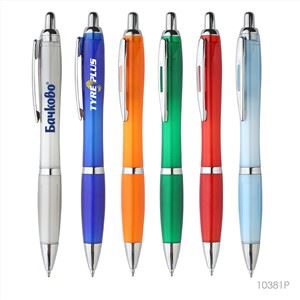Plastic recycling refers to the process of recovering waste or scrap plastic and reprocessing the materials into functional and useful products. This activity is known as the plastic recycling process. The goal of recycling plastic is to reduce high rates of plastic pollution while putting less pressure on virgin materials to produce brand new plastic products. This approach helps to conserve resources and diverts plastics from landfills or unintended destinations such as oceans.
The Need for Recycling Plastic
Plastics are durable, lightweight and inexpensive materials. They can readily be molded into various products which find uses in a plethora of applications. Every year, more than 420 million tons of plastics are manufactured across the globe. Consequently, the reuse, recovery and the recycling of plastics are extremely important.
What Plastics Are Recyclable?
There are six common types of plastics. Following are some typical products you will find for each of plastic:
PS (Polystyrene) – Example: foam hot drink cups, plastic cutlery, containers, and yogurt.
PP (Polypropylene) – Example: lunch boxes, take-out food containers, ice cream containers.
LDPE (Low-density polyethylene) – Example: garbage bins and bags.
PVC (Plasticised Polyvinyl chloride or polyvinyl chloride)—Example: cordial, juice or squeeze bottles.
HDPE (High-density polyethylene) – Example: shampoo containers or milk bottles.
PET (Polyethylene terephthalate) – Example: fruit juice and soft drink bottles.
Currently, only PET, HDPE, and PVC plastic products are recycled under curbside recycling programs. PS, PP, and LDPE typically are not recycled because these plastic materials are more difficult and expensive to process. Lids and bottle tops cannot be recycled as well. “To recycle or Not to Recycle” is a big question when it comes to plastic recycling. Some plastic types are not recycled because they are not economically feasible to do so.

